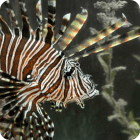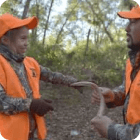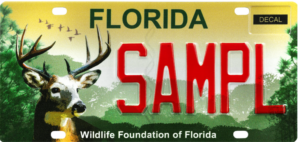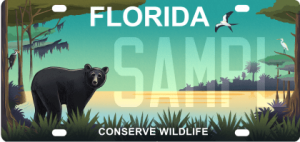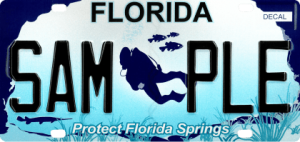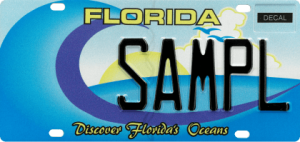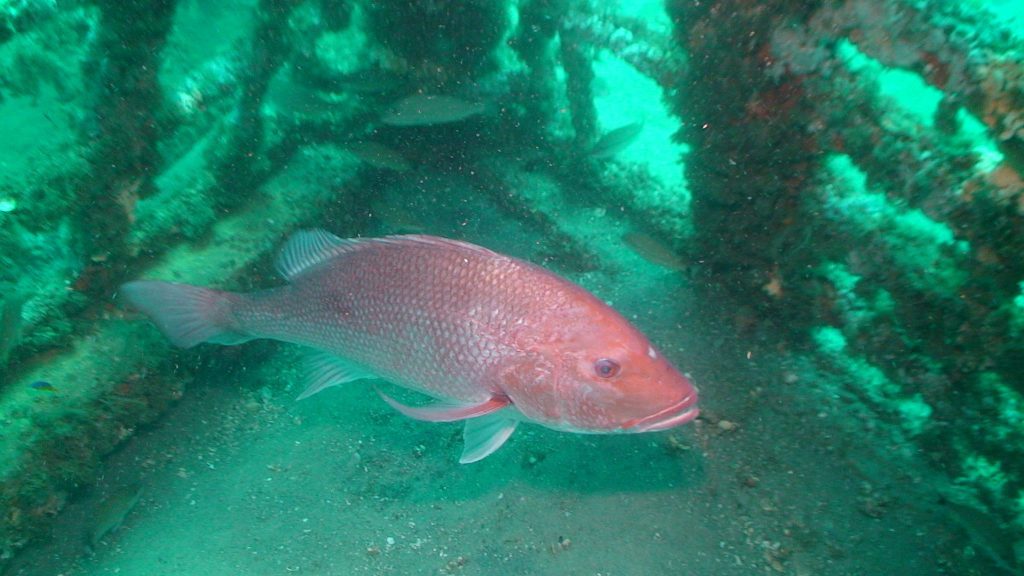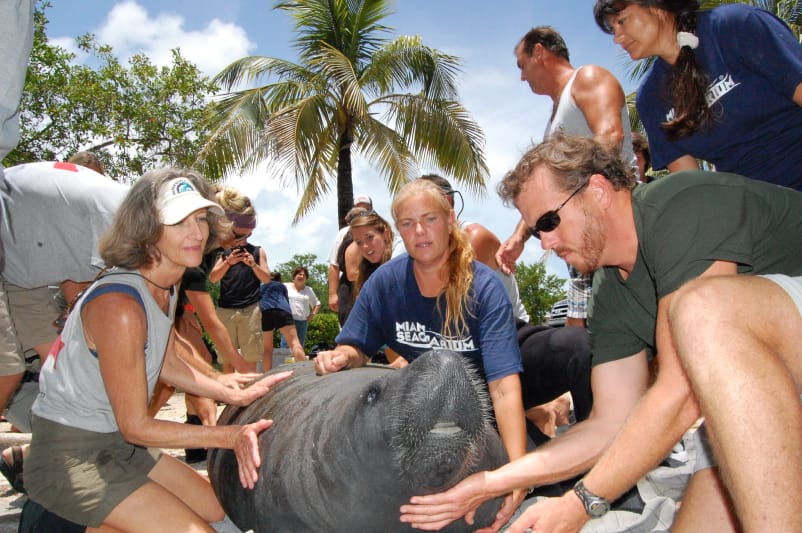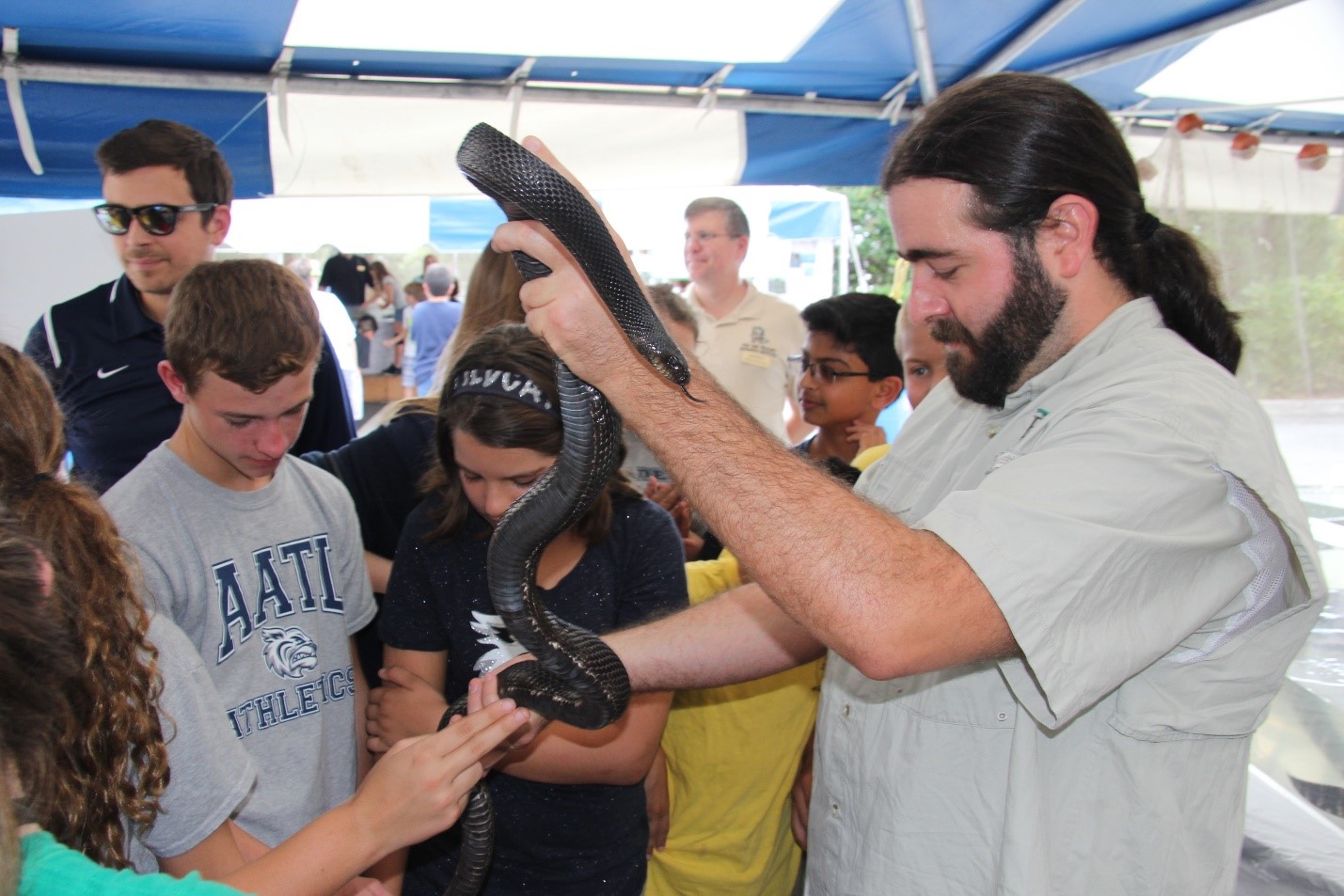
By: Stefani Harrison
Has this ever happened to you? It’s a warm, sunny Florida day and you’re sitting by the pool when you notice a dark, rope-like object moving in the pool. As you get up to examine it, you discover it is a snake. Now what do you do?
Benefits of Snakes
The state has 44 native snake species that play vital roles in Florida’s complex ecosystems from aquatic to dry environments. Some of these species thrive in residential areas where they feed on rodents and sometimes other snakes. Some non-venomous snakes, like the eastern indigo snake (the longest native snake in the United States) even consume venomous snakes, such as the diamondback rattlesnake. Their consumption of other animals prevents their prey from over-feeding on vegetation, thereby maintaining the ecosystem and preventing our homes from becoming overcrowded with mice, rats, and other rodents.
Snake Safety
Snakes will not attack you unprovoked, but can bite if they perceive you as a threat. If you step on, frighten, or attack the snake in some way, it will defend itself. When you see a snake, do not approach it unnecessarily. Chances are that when the snake sees you, it will run (unless its stuck in your pool).
With only six native venomous Florida species, there is a good chance the snake in your pool is non-venomous. However, you’re much better off avoiding contact with the snake. Even without venom, snakes can bite. If you come across a snake in your pool, especially if you don’t know what it is, you should call a professional. If you do know the species and it is non-venomous, you can remove it yourself with a long-poled pool skimmer. Gently put the netted end under the snake and lift it up until the snake can reach the edge of the pool. It will be frightened, but happy to escape, and scurry off. For more information about removing a snake from your pool, click here.
Venomous vs. Non-Venomous
Since snakes are beneficial and vital to Florida’s ecosystems, they are best left alone, especially the venomous ones. There are six native, venomous species of snakes in the state of Florida. These are the:
- Coral snake
- Eastern diamondback rattlesnake
- Southern copperhead
- Timber rattlesnake
- Cottonmouth
- Dusky pygmy rattlesnake
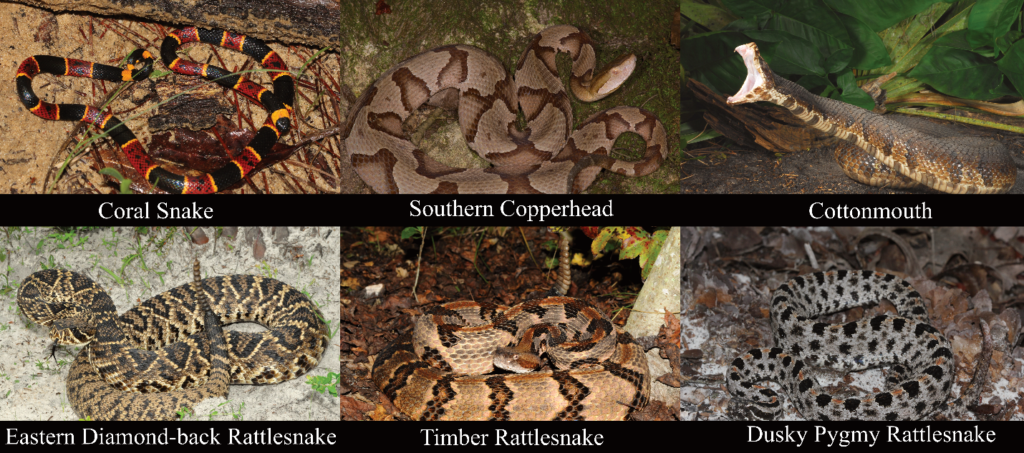
Typically, venomous snakes (except coral snakes) match two criteria: a V-shaped head (possessing glands behind the eyes that store venom) and almond or slit-shaped eye pupils. In contrast, non-venomous snakes possess a slender, more narrow head and rounded pupils. The head shape may help you identify venomous from non-venomous snakes but can be tricky with smaller species. Using pupils for identification can be great when you’re in a zoo and the snake is on the other side of a glass, but don’t use it as an identifier when you see one in your yard. By the time you realize the species is venomous, it may be too late.
Coloration is the most common way to identify a coral snake, the most venomous in Florida. Coral snakes and the scarlet kingsnake (non-venomous) look incredibly similar with their shared coloration of red, yellow, and black. If you see a snake with these colors, avoid it! The common rhyme:
Red on black, you’re OK Jack.
Red on yellow, you’re a dead fellow.
is often used to identify the two but can easily be misremembered. So please, just stay away from the red, yellow, and black snakes.
To learn more about the different kinds of Florida snakes, please visit:
- Nonvenomous snakes
- Venomous snakes
Burmese Pythons
The majority of snakes you will see in Florida are native and beneficial to Florida ecosystems, but there is one that is not. The Burmese python is an invasive snake species wreaking havoc on the Florida Everglades. Because of this, it is the only snake that can be killed without a permit and without an immediate threat of danger to a person or property. The Burmese Python invasion is believed to be human caused from people releasing their pet snakes into the wild. Releasing pets into the wild can be incredibly dangerous.
FWC and You
If you have a non-native animal as a pet and can no longer care for it, please contact the FWC’s Exotic Species Hotline at 888-Ive-Got1 (483-4681). They help year-round to find exotic pets a new home and prevent their release into the wild. Please donate now to help us combat invasive species threatening our native Florida ecosystems.



